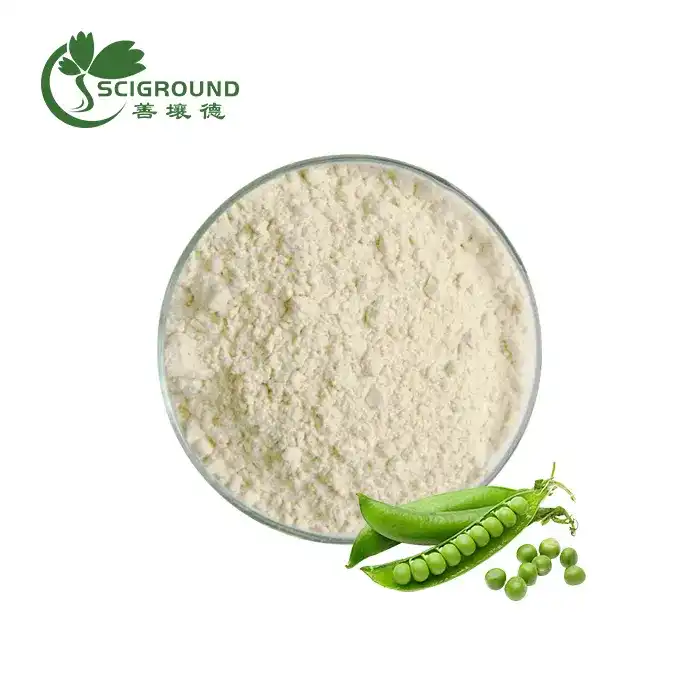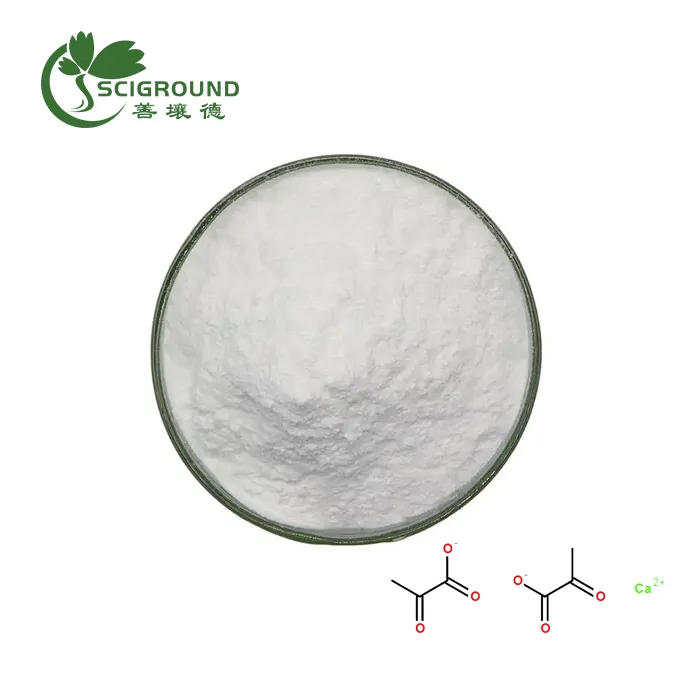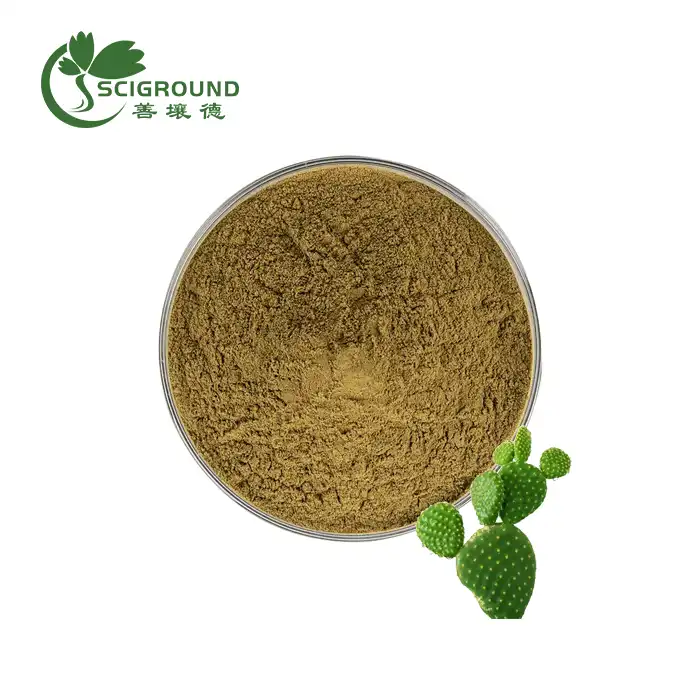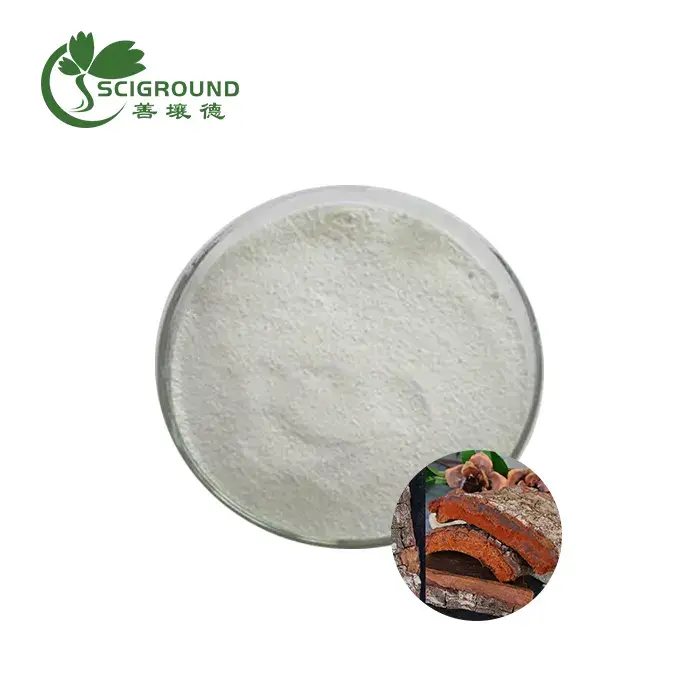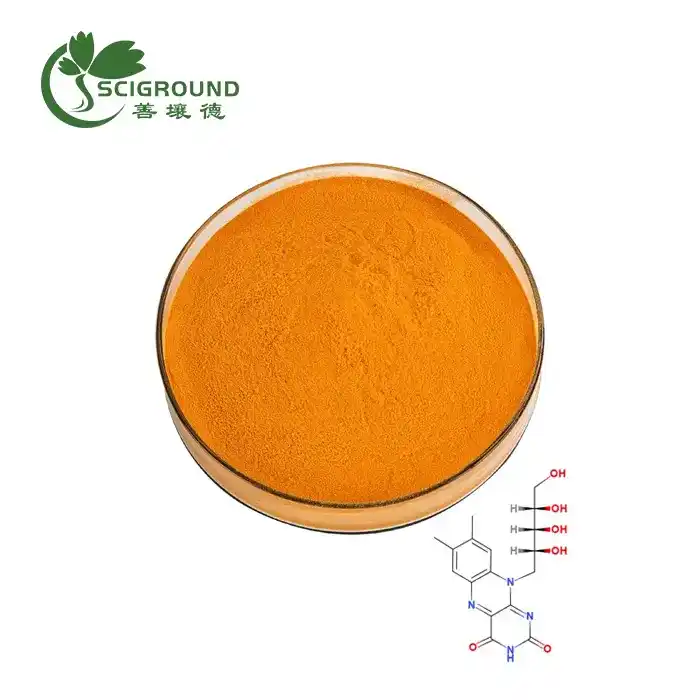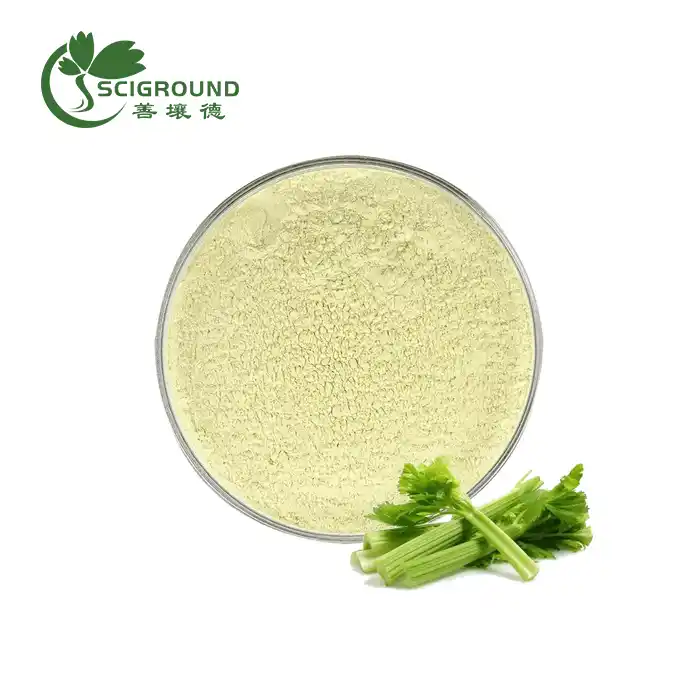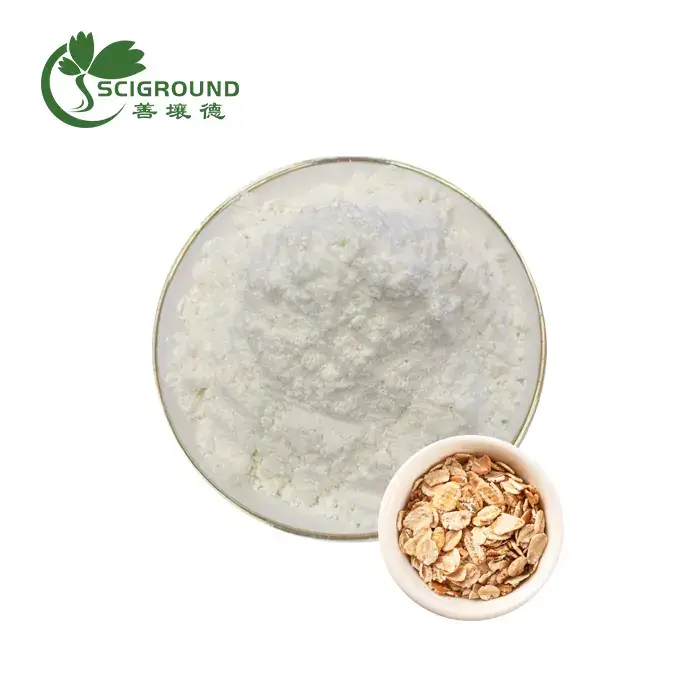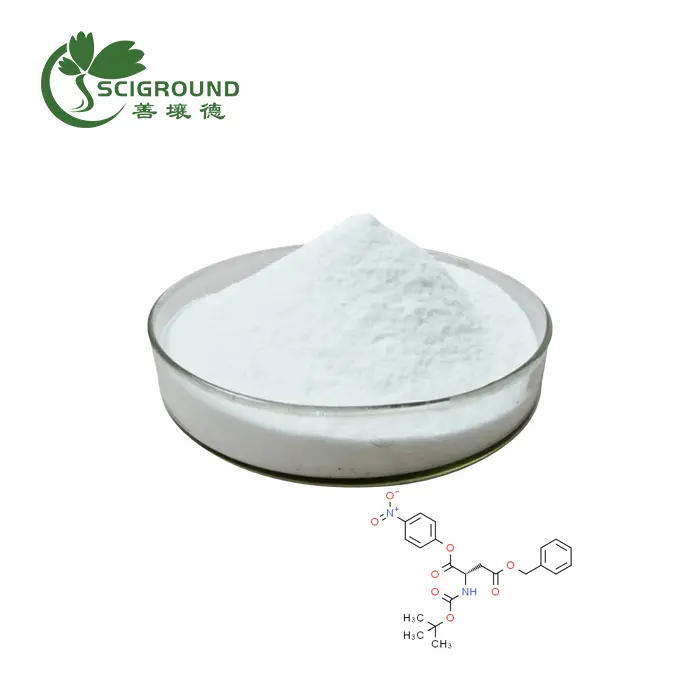What is capsaicin powder used for?
As a clinical dietitian practicing for over 15 years, I am often asked about the uses and efficacy of various nutritional supplements. One that seems to have garnered a lot of interest lately is capsaicin powder. Capsaicin is the compound that gives hot peppers their spicy kick, and can be isolated in powdered form. But what is this fiery powder used for, and does it live up to all the hype? Let's take an evidence-based look.
What is capsaicin powder?
Capsaicin powder is simply ground-up dried hot peppers, usually of the cayenne variety. The powder contains concentrated amounts of capsaicin, the active ingredient that generates heat and spiciness.
Along with adding heat to food, capsaicin has been used medicinally for centuries. Traditional medical systems, such as Ayurveda, have long utilized it to help stimulate circulation, aid digestion, and relieve pain when applied topically.
Modern research has started to confirm some of these traditional uses, as well as uncover new potential benefits of this compound. But keep in mind that most of the research is still preliminary, so more studies are needed to substantiate effectiveness and optimal doses.
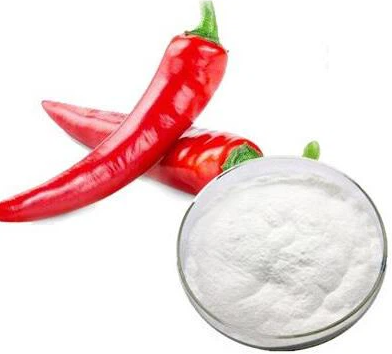
Can you eat pure capsaicin?
In its pure isolated form, pure capsaicin is incredibly potent, rating over 1 million Scoville heat units (the scale used to measure spiciness). Consuming a large quantity of pure capsaicin could be highly dangerous and is not recommended.
However, when consumed in normal culinary amounts or administered topically, capsaicin is considered safe for most healthy adults. Capsaicin powder made from chili peppers contains a more moderate amount, ranging from 30,000 to 50,000 Scoville units. This allows you to harness some of capsaicin's benefits without extreme risks. It’s still wise to start slowly and gradually increase intake to assess your personal tolerance.
Potential benefits and uses of capsaicin powder
With those basics covered, let’s take a closer look at some of the potential ways capsaicin may be used, according to recent research:
Capsaicin for burning mouth
When applied topically or taken orally, capsaicin seems to help temporarily relieve burning mouth syndrome, an annoying condition causing a burning or scalding sensation in the mouth with no underlying dental or medical cause. It works by depleting substance P, a neurotransmitter involved in pain signaling. More studies are underway to confirm effectiveness and safety for this use.
Capsaicin for cannabinoid hyperemesis
There is some early evidence that bulk capsaicin cream may help reduce nausea and vomiting in cannabinoid hyperemesis syndrome - a condition that causes cyclic vomiting in chronic cannabis users. Capsaicin is thought to normalize gastrointestinal function. However, more research is still needed.
Capsaicin for cough
When delivered nasally, cayenne pepper powder or pure capsaicin extract may curb cough reflexes and thin mucus to provide relief from coughs associated with upper respiratory infections, allergies, asthma, and other conditions. The heat seems to block cough-inducing nerves.
Capsaicin for headaches
Intranasal capsaicin is also being studied for headaches and migraines. So far, evidence suggests it may be helpful at preventing and alleviating migraine and cluster headache attacks when used regularly. It works by depleting trigeminal nerves of substance P, which transmit migraine pain signals. More high quality studies are underway.
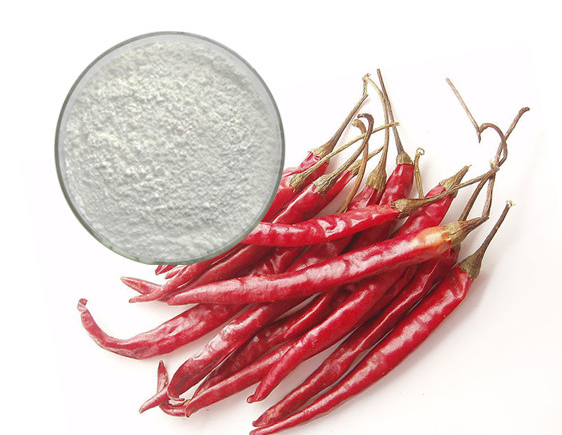
Capsaicin for inflammation
A wealth of research indicates that capsaicin has potent anti-inflammatory properties. Topical capsaicin creams are used to reduce inflammation associated with arthritis, back pain, muscle strains, and neuropathic pain by lowering inflammatory signaling molecules. Consuming it may provide similar systemic effects.
Capsaicin for metabolism
Regularly eating spicy capsaicin-rich foods seems to give your metabolism a modest boost. Studies show it can temporarily increase satiety, fat burning, and calorie expenditure after meals. With prolonged use, this may contribute to healthy weight management in some individuals. But metabolism effects are generally minor and results can vary widely.
Capsaicin for arthritis pain
Thanks to its analgesic and anti-inflammatory properties, topical capsaicin creams are commonly used to alleviate localized osteoarthritis and rheumatoid arthritis pain. It seems to be most effective for arthritis pain in hands, knees, feet, and elbows when applied regularly. Oral doses may also provide relief. More research is underway to confirm efficacy and safety.
Capsaicin for back pain
When used transdermally, capsaicin may help relieve lower back pain from various causes, including disc degeneration, strains, and sciatica. Research indicates it reduces lower back pain more than placebo, especially with regular use. It likely works by lowering pain signals and inflammation. However, not all studies have been positive.
Capsaicin for diabetes
Emerging research suggests capsaicin may have potential to help manage diabetes. Studies indicate it can lower blood sugar in some cases and improve insulin sensitivity. It also shows potential for reducing nerve pain and neuropathy associated with diabetes when applied topically. But more studies are certainly needed to substantiate these benefits.
Capsaicin for hair growth
While research is still very preliminary, some early studies suggest applying capsaicin to the scalp may stimulate hair growth in some cases of pattern baldness. It appears to work by increasing blood flow and stimulating hair follicles. More rigorous studies are underway to determine efficacy and safety. It’s too soon to recommend it at this time.
Capsaicin for heart attack
Intriguing new research suggests that consuming chili peppers and capsaicin regularly may help protect against heart disease and reduce cardiac mortality - likely thanks to effects on blood pressure, cholesterol, and platelet aggregation. But this benefit needs much more investigation to confirm. Talk to your doctor before relying on capsaicin for heart health.

Capsaicin for muscle pain
When used topically, capsaicin creams seem effective for reducing localized pain from muscle strains, injuries, fibromyalgia tender points, and exercise-induced muscle soreness. It decreases pain signals and may enhance muscle blood flow. But it does not seem to improve muscle function. Further studies are needed on dosing and long-term safety.
Capsaicin for neuropathy
One of the most evidence-based uses of capsaicin is alleviating nerve pain when applied topically. Numerous studies confirm its efficacy for temporarily reducing burning, shooting, stabbing, and tingling neuropathic pain associated with diabetes, chemotherapy, HIV, shingles, and more. It works by reducing pain neurotransmitters in sensory nerves.
Is capsaicin powder right for you?
While the research certainly seems promising for capsaicin for some conditions, remember that most uses still require further high-quality studies to confirm optimal doses, safety, and efficacy. Be sure to consult your doctor before using capsaicin medicinally, and do not exceed recommended culinary doses when cooking with this spicy powder.
Capsaicin is not for everyone. Oral doses may cause gastrointestinal upset in some. Topical creams can result in burning, stinging, or skin irritation. And pollen-related allergies may exacerbate reactions. Proceed cautiously and discontinue use if any worrisome reactions develop.
As with most supplements, capsaicin appears to be most effective when used in combination with a healthy lifestyle, proper medical care, and common sense. It shows potential, but should not replace professional treatment for serious health conditions. Listen to your body, stick to moderate doses, and be patient - it can take weeks of regular use to notice results.
Frequently asked questions about capsaicin:
Here are answers to some of the most common questions I receive in my practice about using capsaicin powder and extracts:
What are the side effects of capsaicin?
Common side effects of oral capsaicin can include heartburn, stomach pain, diarrhea, vomiting, and nausea. Topical use may cause skin redness, burning, stinging, and dryness.
What is the recommended dosage?
There is no official recommended daily allowance. Culinary doses are generally considered safe, equating to about 2.5-8 grams of chili peppers per day. For medicinal use, consult your doctor and follow package label instructions. Start with a low dose and work up slowly.
How long does it take for capsaicin to work?
It depends on the condition being treated and route of administration. Orally and topically, daily use for at least 2-4 weeks is typically needed to notice significant effects. Single oral doses provide temporary heat and metabolism effects within minutes.
Is taking capsaicin safe?
In food amounts, capsaicin powder and extracts are generally recognized as safe by the FDA. But exceedingly high doses may cause side effects. There are some individual health risks to consider as well. Talk to your doctor before medicinal use.
Can you be allergic to capsaicin?
Yes, though capsaicin allergies are fairly rare. Symptoms may include skin rashes, runny nose, wheezing, abdominal pain, and anaphylaxis. Those with pollen or latex allergies have an increased risk. Discontinue use if an allergic reaction develops.
O'Neill, J., Brock, C., Olesen, A.E., Andresen, T., Nilsson, M. & Dickenson, A.H. (2012). Unravelling the mystery of capsaicin: a tool to understand and treat pain. Pharmacological reviews, 64(4), pp.939-971.
Whiting, S., Derbyshire, E. & Tiwari, B.K. (2012). Capsaicinoids and capsinoids. A potential role for weight management? A systematic review of the evidence. Appetite, 59(2), pp.341-348.
Marx, W., Moseley, G., Berk, M., Jacka, F. (2017). Nutritional psychiatry: the present state of the evidence. Proceedings of the Nutrition Society, 76(4), pp.427-436.
ABOUT AUTHOR

Celine Xu is a botanist with over 15 years of experience researching and developing plant extracts for nutritional and pharmaceutical applications. She leads an R&D team focused on identification, cultivation and extraction of medicinal plants. Celine Xu earned a Ph.D. in Plant Biology has authored numerous articles in peer-reviewed journals about the health benefits of specific phytochemicals. She frequently speaks at industry conferences about new developments in plant extract research. Celine Xu is dedicated to advancing the scientific understanding of how targeted plant compounds can be used to improve human health.
Related Industry Knowledge
- What is angelica root extract good for?
- What are the benefits of Muira Puama Extract Powder?
- What is Coriolus versicolor extract?
- How to Take Fisetin?
- L-serine VS Phosphatidylserine
- Brown Rice Protein vs Pea Protein
- Is Creatine Monohydrate Safe and Effective?
- Lentinan Extract: Unveiling the Power of Mushroom-Based Health
- Is Ginkgo biloba safe to take daily?
- Exploring Wheat Protein Flour: Benefits and Uses
